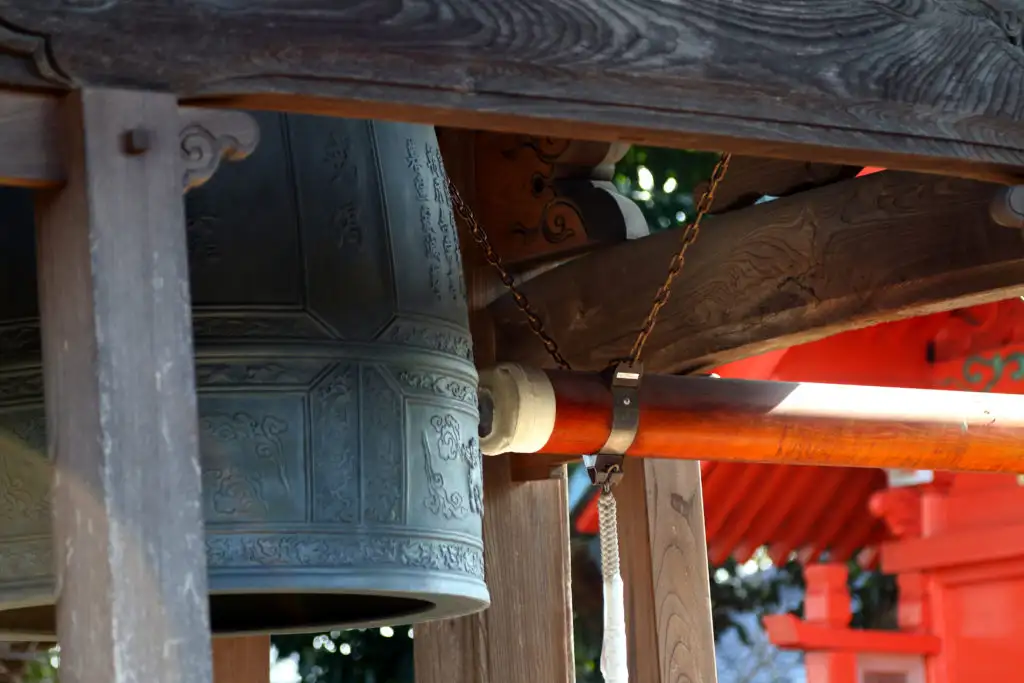New Year’s Eve is a big deal all around the world. Families and friends come together to party, count down to the new year, and maybe even get that lucky kiss at midnight. But some cultures have their own unique traditions, from fortune telling to tossing crockery out the window (or at your neighbor’s door!). Here are twelve unique ways that people around the world ring in the new year.
Eating 12 Grapes

In Spain, the last moments of each year are spent eating grapes—one for each chime of the clock during the countdown. These final seconds are often filled with laughter as Spaniards struggle to chew and swallow one grape after another, a task made even more difficult depending on how many drinks they’ve already celebrated with.
Make a Wish on Your Suitcase
Hopeful travelers can learn a lot from this tradition that occurs in many Latin American countries, most notably Ecuador, Colombia, and Mexico. Many believe that taking an empty suitcase for a walk around the block (or even leaving one by the door) will bring travel in the coming year. You might feel a little odd when your neighbors see you taking your suitcase for a walk, but they’ll be totally jealous when you’re on your way to the airport.
Baking a Coin into the Bread
In Greece, New Year’s Eve is celebrated by baking a traditional bread known as Vasilopita that comes with a special surprise: a “sweet coin” baked into the bread (or cake in some cultures). It’s a coin wrapped in tin foil and dropped randomly into the bread; whoever gets the lucky piece will have good luck for the next year. The tradition honors St. Basil, who came up with the idea to bake coins into bread when he knew the poor people of his church would be too proud to accept charity.
Throwing Stuff Out the Window
Heads up! If you plan to spend New Year’s Eve in Italy, you might want to find some cover because Italians like to ring in the new year by chucking dishware, appliances, and sometimes even furniture out the window. But it’s not just a lot of ruckus; the act symbolizes letting go of the past. By chucking their possessions out the window, Italians cast out the old troubles and welcome hope for a new year.
Wearing New Underwear

If you intend to welcome the new year in Brazil, you’ll have to follow a dress code. Brazilians traditionally wear white on New Year’s Eve, but that’s not all. They also believe you should wear brand new underwear and that the color of the underwear will represent what you wish to attract in the new year—yellow for money, green for health, and red for love.
Breaking Dishes
This tradition is best celebrated in its native countries, as it involves breaking plates against your neighbors’ doors. In countries like Denmark, Germany, and the Netherlands, it’s popular to throw dishes against other people’s homes as a sign of good luck and camaraderie. In fact, the more pieces of broken glass you have on your door-step, the more well-liked you are!
Eating Seven Times
New Year’s Eve in Estonia never ends on an empty stomach. In this small Baltic country, they eat seven times to celebrate the new year. Eating so often is a wish for abundance and strength in the coming year, and seven is one of the country’s lucky numbers.
Dropping Ice Cream on the Floor
If your ice cream falls to the floor in Switzerland, there’s no need to be upset. In fact, the Swiss purposefully drop their ice cream on the floor on New Year’s Eve to bring on a year of abundance and (hopefully) more ice cream.
Ringing a Bell 108 Times

In Buddhism, it’s believed that there are a total of 108 earthly desires that cause suffering. At the stroke of midnight on New Year’s Eve in Japan, temple bells will toll 108 times—one for each desire. This ritual is called Joya-no-Kane, it’s all about purification and encouraging a fresh start for the new year.
Everything Is Round
In the Philippines, the new year is celebrated with roundness. Part of the fun of the day is coming up with 12 different round fruits—one for each month of the year. For Filipinos, roundness is a symbol of health and also signifies prosperity and wealth (because coins are also round). Women will often wear polka-dot dresses to add even more roundness to the big day.
Predicting the Future
On New Year’s Eve in Finland, people have a tradition of fortunetelling. They’ll melt small tin horseshoes in a pan and then pour the liquid metal into a bucket of cold water. The tin solidifies instantly when it hits the water, resulting in random shapes. The shapes are then interpreted to predict their future for the coming year.
Hitting the Walls with Bread

In Ireland, bad luck must be driven out of the house before midnight, and the quickest way to get bad spirits out of the house is apparently with a loaf of Christmas bread. The Irish will smack the walls and bang on the doors with bread to chase out the bad and welcome in the good spirits.
You Might Also Like:
• 9 Surprising Passport Facts You Need to Know• 10 Most Overrated Tourist Traps
• The Most Beautiful Places in Ireland
• 17 Best Museums in New York City
• The 8 Safest Places in Mexico for Travelers
We hand-pick everything we recommend and select items through testing and reviews. Some products are sent to us free of charge with no incentive to offer a favorable review. We offer our unbiased opinions and do not accept compensation to review products. All items are in stock and prices are accurate at the time of publication. If you buy something through our links, we may earn a commission.
Related
Top Fares From
Today's Top Travel Deals
Brought to you by ShermansTravel
Porto to Lisbon: 7-Nt, Small-Group Portugal...
Indus Travels
 vacation
$1899+
vacation
$1899+
Luxe, 12-Night Spain, France, Monaco &...
Regent Seven Seas Cruises
 cruise
$12599+
cruise
$12599+
Ohio: Daily Car Rentals from Cincinnati
85OFF.com
 Car Rental
$19+
Car Rental
$19+




